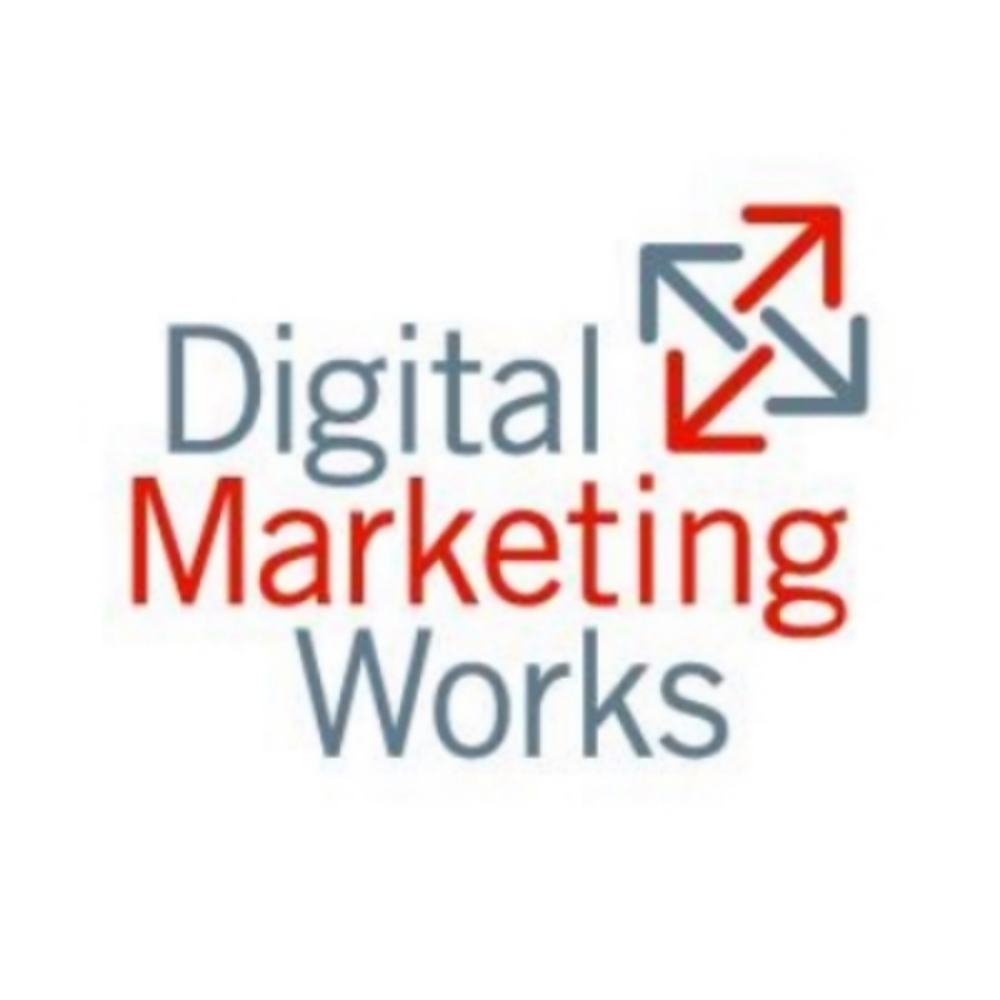Search Fragmentation is Coming - Be Prepared to Capitalize.
/This week, a Google representative declared "in three years time, desktops will be irrelevant". In December, Morgan Stanley stated "more users will likely connect to the Internet via mobile devices than desktop PCs within five years". According to Compete.com Facebook now has more users than Yahoo. This rapid increase in mobile and social screen time is changing user behavior and creating new types of searches - apps, friends, music, photos, etc. These changes will fragment new search queries away from Google and other universal search engines. Google will continue to dominate desktop-based searching, but new smartphone and social searching will fragment to a host of players including Apple, Google and new companies. These new entrants, including Twitter, have an opportunity to adopt Google-like PPC ad model to complement search behavior on their services. Some will simply copy Google and design an even better mouse-trap and APIs for ad/bid mgmt. Digital marketers need to follow these trends, begin testing and measuring new models and start gaining insights, revenue, profit and, most importantly, a marketing competitive advantage.
On this blog, I've labeled the last decade "The Google Decade". Despite predictions of vertical search and resultant search fragmentation, it never materialized. In 2005, I remember search pundits predicting huge growth for vertical travel search. We have seen the emergence of meta-search sites like Kayak, but have also seen failures such as Yahoo's Farechase. Vertical search never came to pass as Google added incremental features to their popular search service and creating Universal Search - local, images, blogs, maps, real-time Tweets (recently), etc. For practical matters, Google's ground-breaking business, AdWords, only faced one competitor during the decade - Yahoo's Overture. It's nice to be a fast-follower. But, Google really focused on user experience and having the best search experience before they even added a revenue model through AdWords. This is precisely the strategy of Facebook, Twitter and others.
Google and Apple are in an epic battle for smartphone market share that will continue through this decade. Google hasn't faced competition like this since the early days with Overture. Based on this chart, both Android (Google mobile OS) and Apple are gaining smartphone market share and, most probably, will win. As I spoke about in my January post, Apple is focused on a new user experience and Internet navigation model that is not centered around Google search. Also, Google's launch into Social through Buzz has been challenging and could contribute to a loss of trust and Google's looming privacy bubble this decade. So, will these trends and new user behaviors lead to the search fragmentation others have been predicting years ago?
Let's look at some predictions of things to come, how this will affect the way we search for things and how advertisers can capitalize on these changes.
- Apple iWords - In a recent blog post, I wrote about the proliferation of mobile Apps. I posited that on Apple smartphones, we are being trained to navigate the web through apps and Apple's App Store. In fact, the screen area dedicated to search in a fraction of what you see on a typical PC browser. Just like Google trained us to use Search to navigate the Net through a PC, Apple is training us to use their storefronts. Apple's PPC solution will tie relevant search ads to app searches. I am sure their are plenty of App developers and businesses that would love to reach this highly targeted user base.
- Twitter Search - Rumors abound that Twitter is about to launch a PPC model to compliment an improved Twitter search experience. This could work and provide a revenue model that doesn't interfere with the micro-blogging experience.
- Facebook Advertising - Facebook has already launched a Google-like self-service, auction-based advertising service. While the user feedback has been bumpy, the hyper-targeting opportunity remains. Facebook has wisely exposed their API allowing bid-mgmt and attribution tools to add Facebook to their systems. It is not a stretch to see Facebook improving their on-site search experience and adding these targeted ads alongside the search results.
- Digital media mgmt technology will add new PPC platforms and optimize accordingly using holistic attribution tracking, measurement and optimization.
How should digital marketers prepare for these changes to come? Let's look at a few recommendations.
- Ramp up your knowledge about mobile, social, apps, etc. Talk to experts, immerse yourself, read blogs.
- Launch Social strategy. Target social search PPC at your target social profile based monitoring, listening as well as technographic and socialgraphic research.
- Launch Mobile strategy. How will users find your company from their mobile device? What will the experience be like?
- Utilize a 3-pronged media management approach for Owned, Earned and Purchased media. Use media attribution and optimization.
- Test, measure and learn from everything.
What do you think about this blog? Do you agree with my take on how this will upfold? I don't have a crystal ball - just enough experience to have a point of view. This is a process of collective learning where we all benefit through dialogue and debate. Please add your comments below. Thank you.

